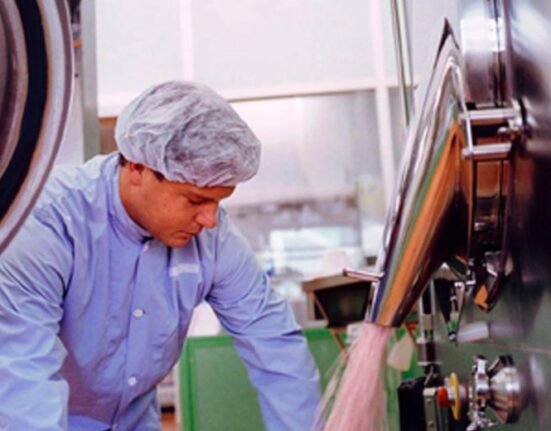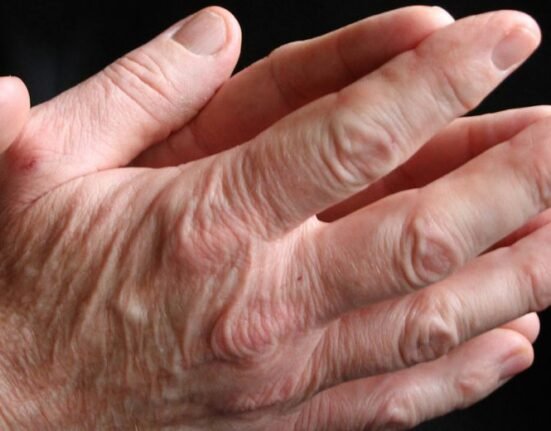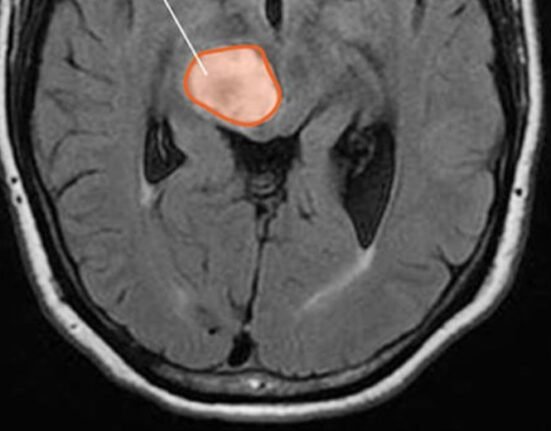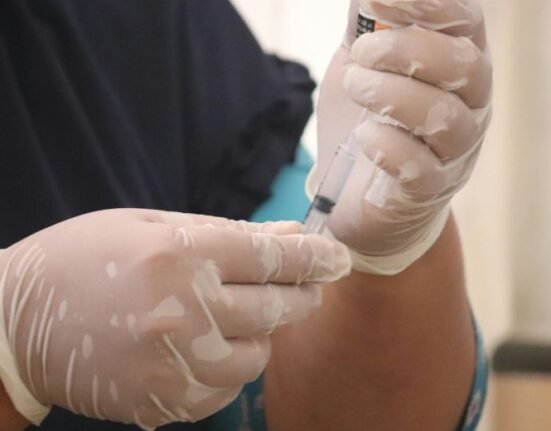HQ Team
August 12, 2024: Pfizer Inc.’s vaccine trials on patients aged 18 and older with chronic respiratory diseases show a consistent safety profile and “strong neutralizing responses,” after a single jab, according to a company statement.
A substudy evaluated about 900 adults — approximately half were between the ages of 18 to 59, and approximately half were 60 years or older for testing the respiratory syncytial virus (RSV) vaccine.
The vaccine Abrysvo “was well-tolerated” during the trial, showing a safety profile consistent with findings from other studies of the vaccine done by the company.
While the company evaluated two doses, a single 120 µg dose of Abrysvo generated “a strong neutralizing response against both subtypes of RSV — RSV-A and RSV-B —across all cohorts and age groups in the study, according to the statement.
Substudy A tested 681 adults aged 18 to 59 with chronic conditions and administered a single dose or dummy injection. Substudy B enrolled about 200 immunocompromised adults aged 18 or older, roughly half of which were aged 60 or older. This group received two doses of the vaccine, one month apart.
Immunocompromising conditions
Adults with immunocompromising conditions have an increased risk of developing RSV-lower respiratory tract disease.
The substudy B was conducted to assess the safety and immunogenicity of two doses of the vaccine, administered one month apart, in four groups of immunocompromised adults.
They included those with non-small cell lung cancer, those on hemodialysis due to end-stage renal disease, those with autoimmune inflammatory disorder receiving active immunomodulator therapy, and solid organ transplant recipients.
Respiratory syncytial virus is a common respiratory virus that infects the lungs and can also affect the nose and throat. RSV spreads in the fall and winter along with other respiratory viruses, like flu and COVID-19. It usually peaks in December and January, according to the US Centers for Disease Control and Prevention.
The symptoms of RSV make it difficult to distinguish it from the common cold or other respiratory viruses such as the flu or COVID-19. Most people who get RSV will only have mild illness, but it can be very dangerous for babies, young children and adults 60 and older.
Bronchiolitis
RSV can also cause more severe infections such as bronchiolitis — an inflammation of the small airways in the lungs — and pneumonia. It is the most common cause of bronchiolitis and pneumonia in children younger than 1 year of age.
RSV does not usually cause severe illness in healthy adults and children. However, some people with RSV infection, especially older adults and infants younger than six months of age, may need to be hospitalized.
In the most severe cases, a person may require additional oxygen, IV fluids if they can’t eat or drink enough, or intubation — having a breathing tube inserted through the mouth and down to the airway — with mechanical ventilation. In most of these cases, hospitalization only lasts a few days.
Pfizer’s study results were positive on “safety and immunogenicity” and it plans to share these findings at an upcoming scientific conference, as well as submit these data to the regulatory agencies for review.
Children aged 2 or less than 18
“Immunocompromised adults, such as patients with cancer or autoimmune disorders, have a substantially increased risk of experiencing severe complications from RSV, yet there are currently no vaccines approved for those aged 18 to 59 in the U.S.,” said Annaliesa Anderson, PhD, Senior Vice President and Chief Scientific Officer, Vaccine Research and Development, Pfizer.
“We are encouraged by the positive top-line data from this study, which provide important evidence that ABRYSVO has the potential to address a significant unmet need in this vulnerable population.”
Pfizer has initiated a clinical trial evaluating the vaccine in children ages two to less than 18 years who are at higher risk for RSV disease.








